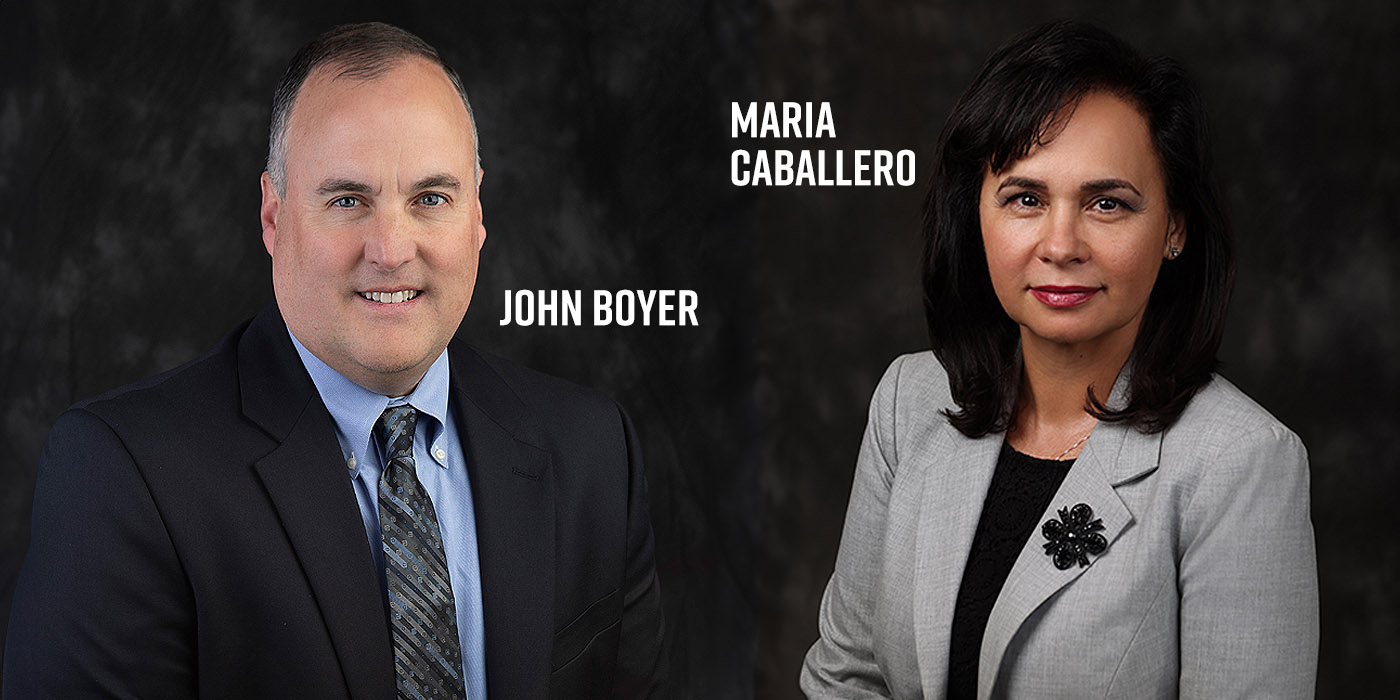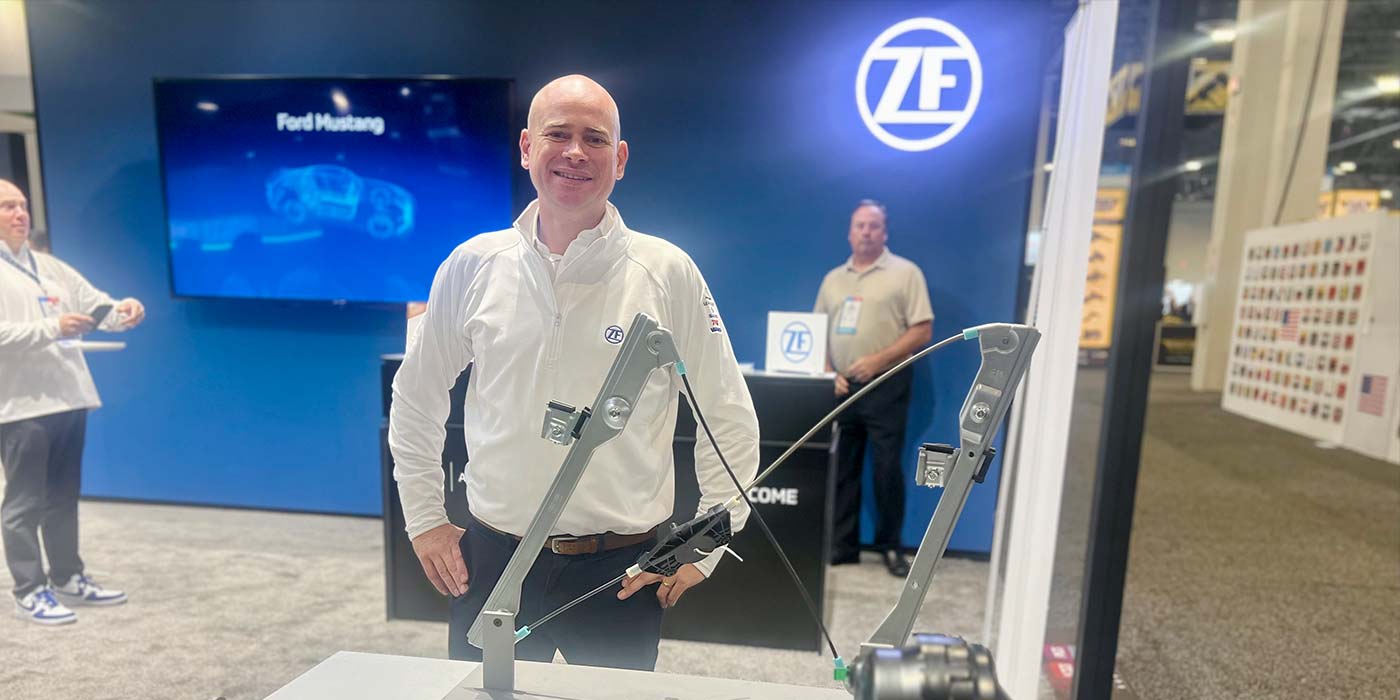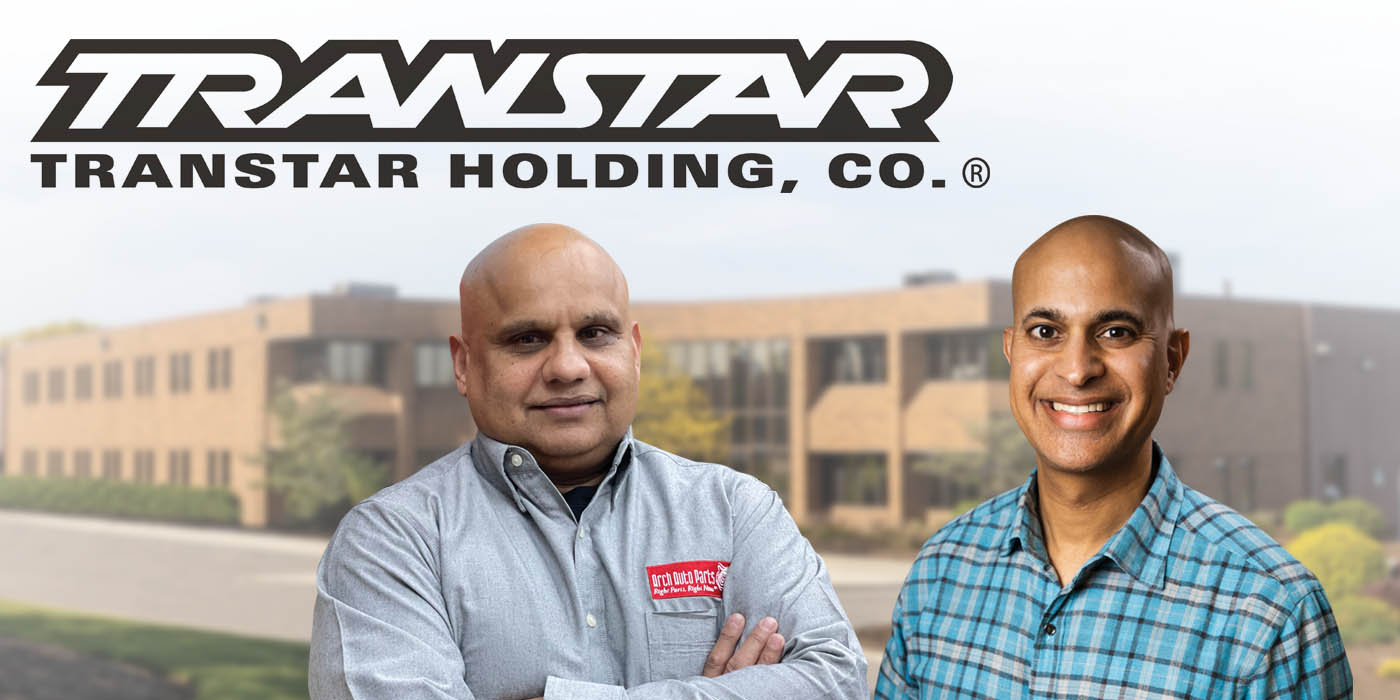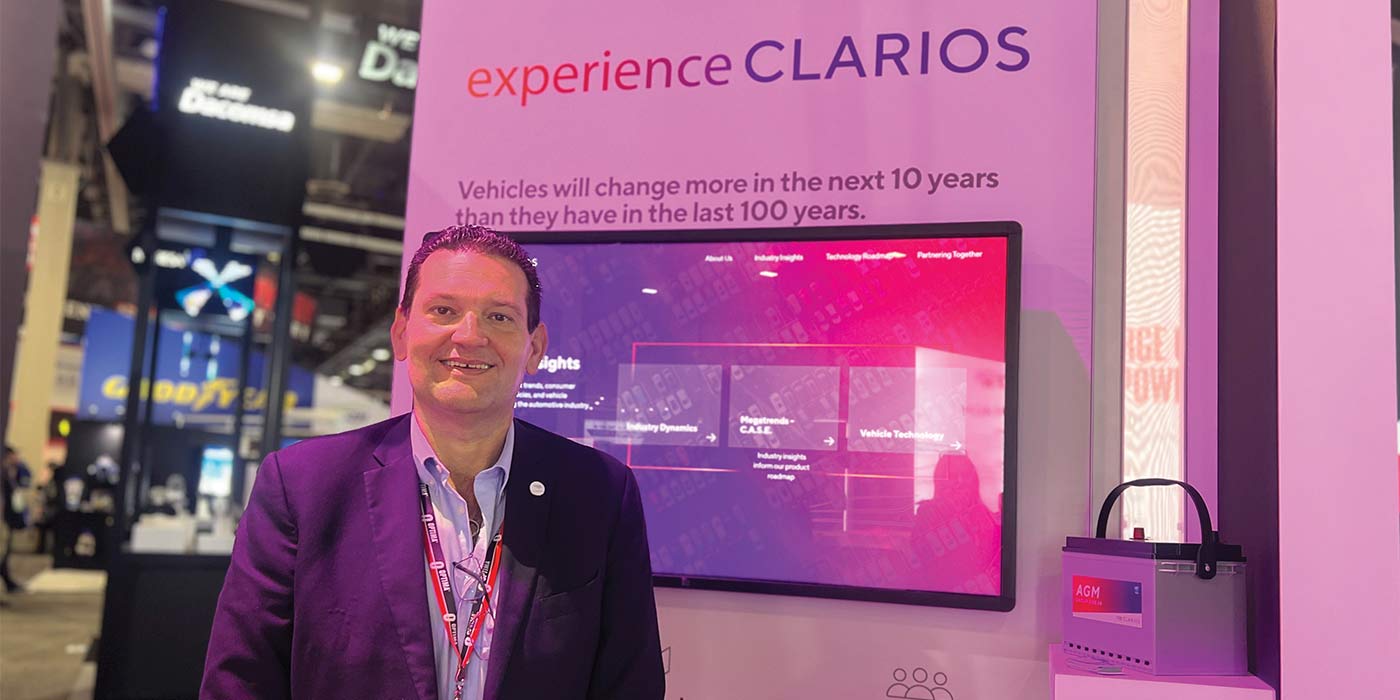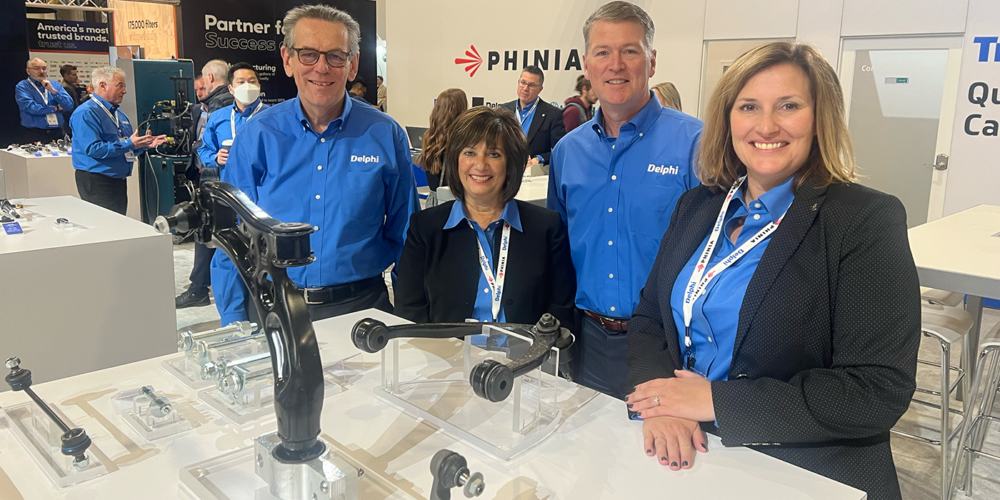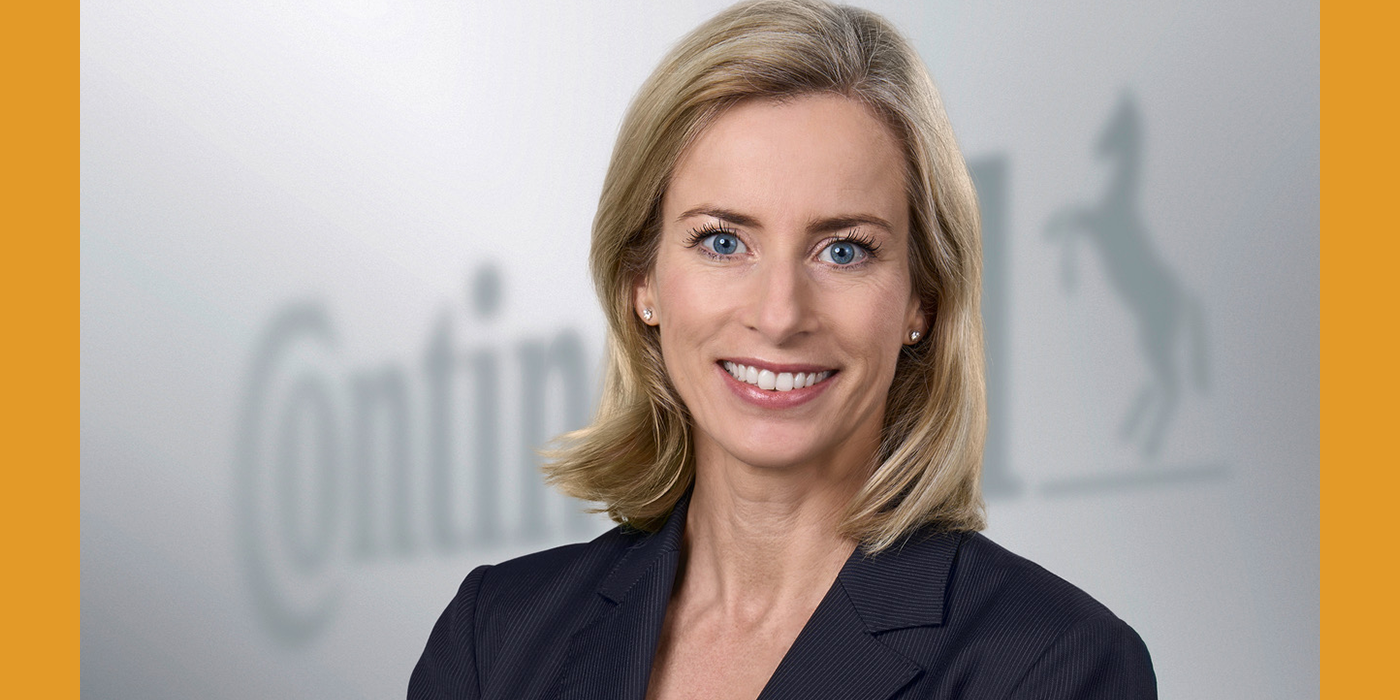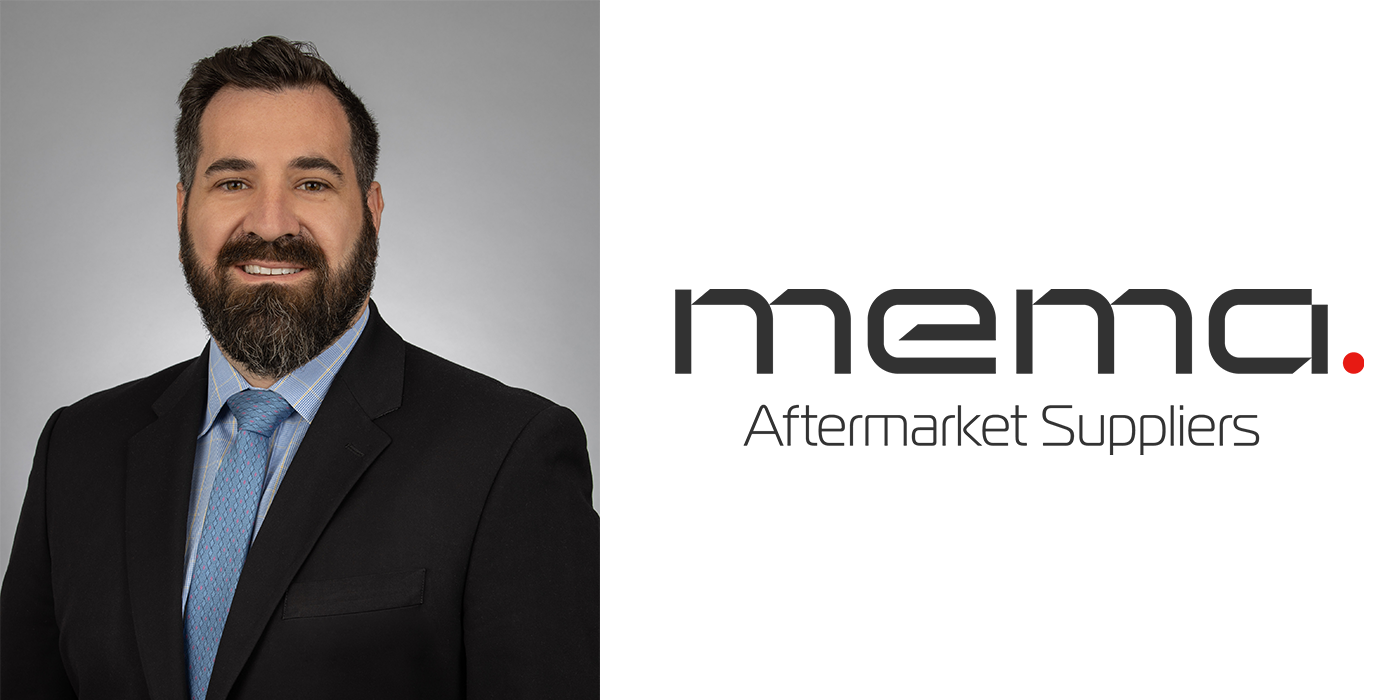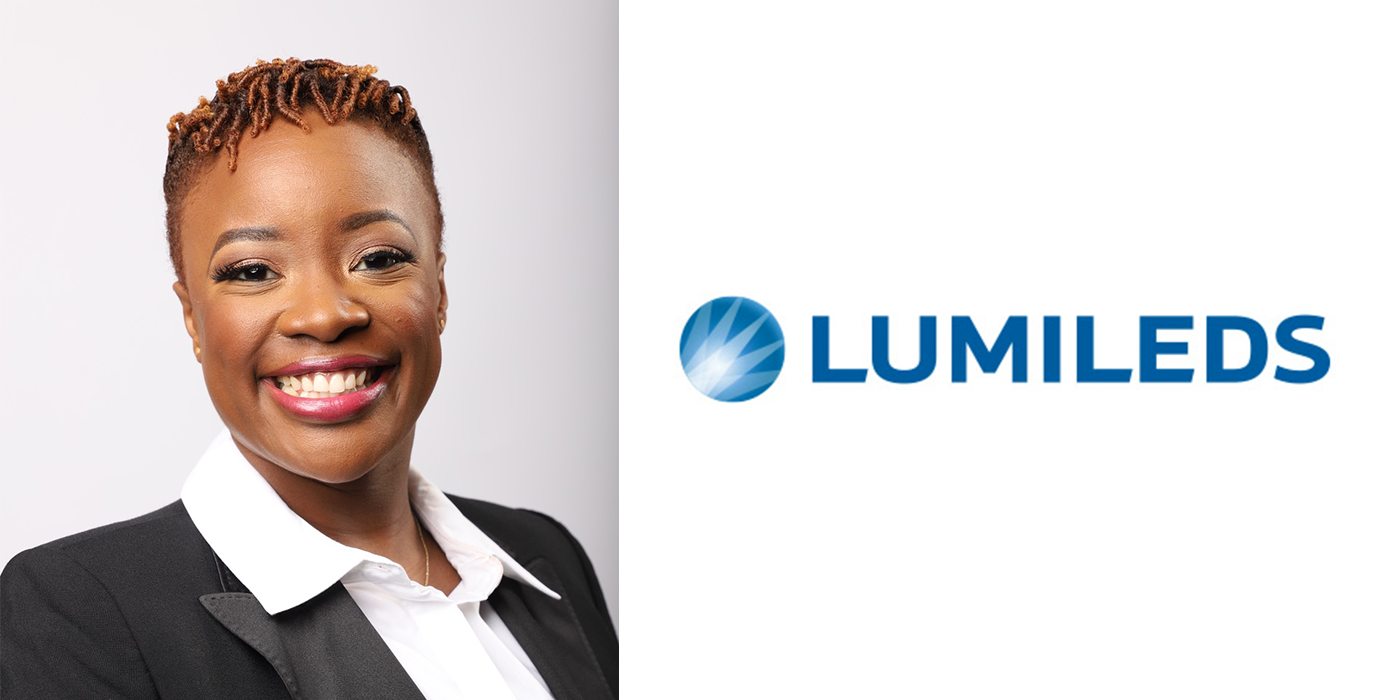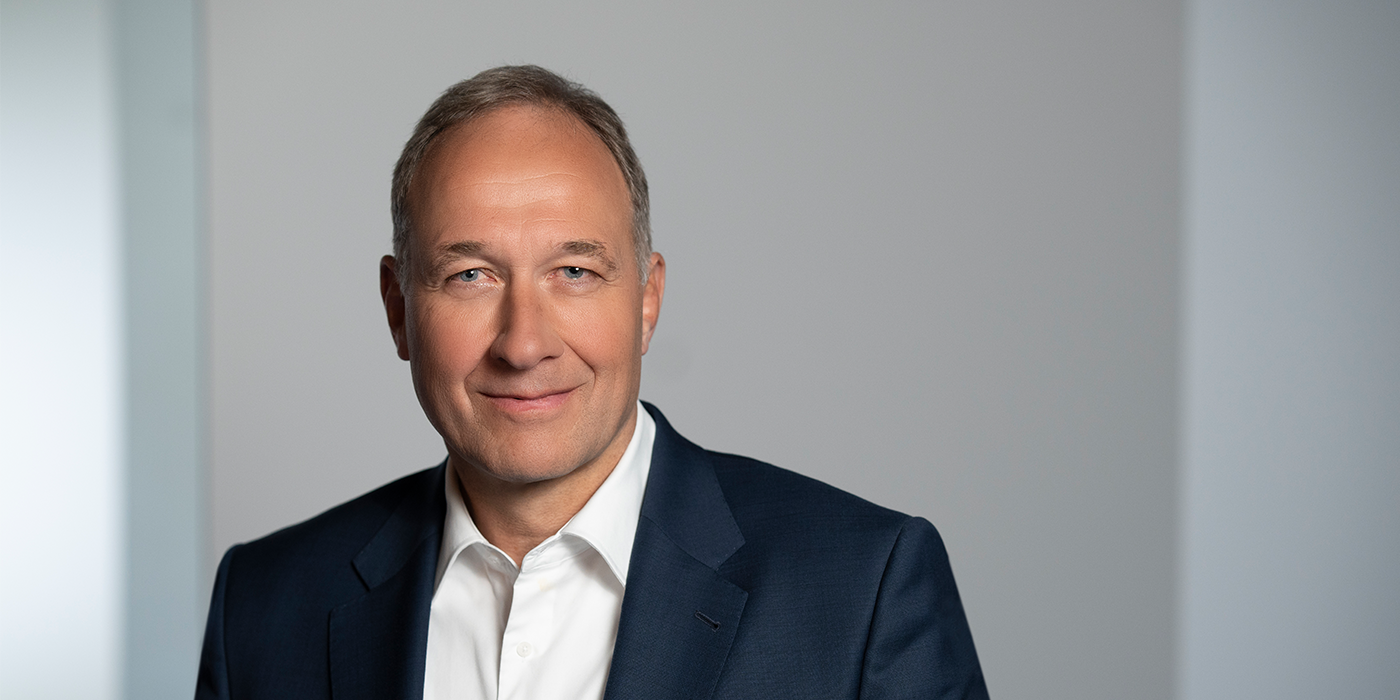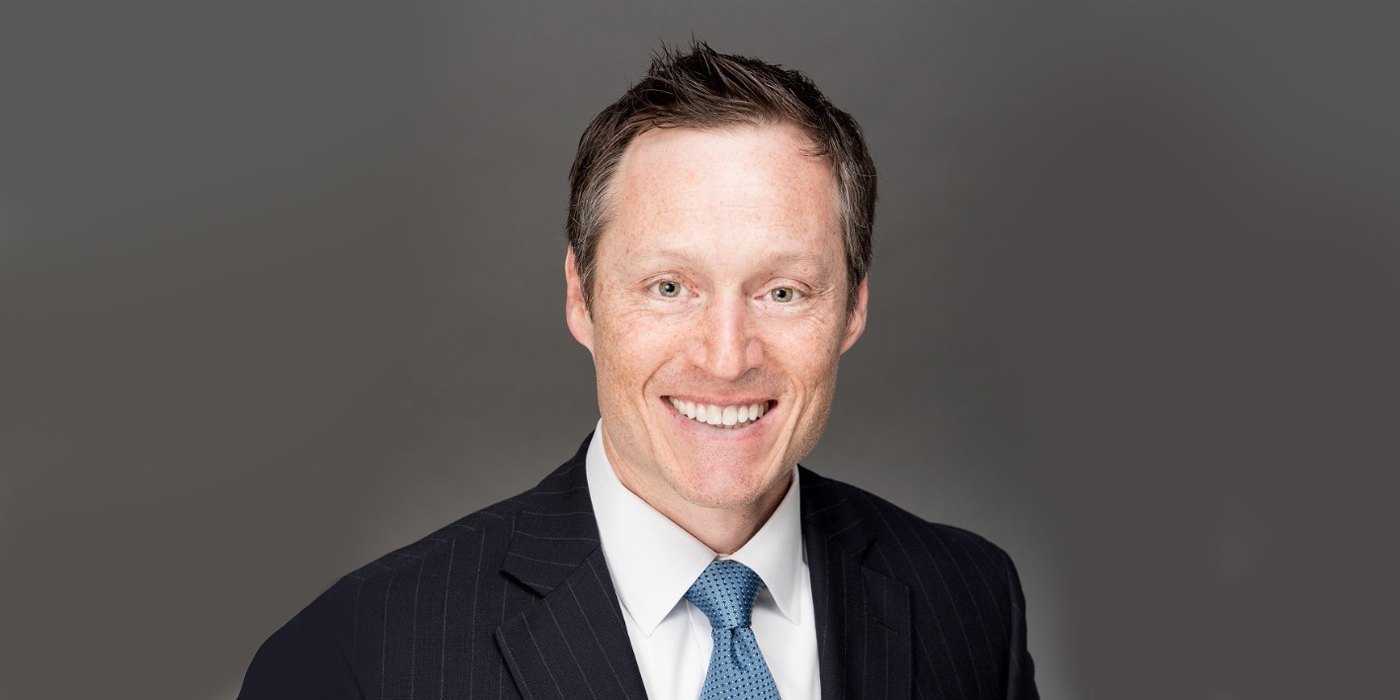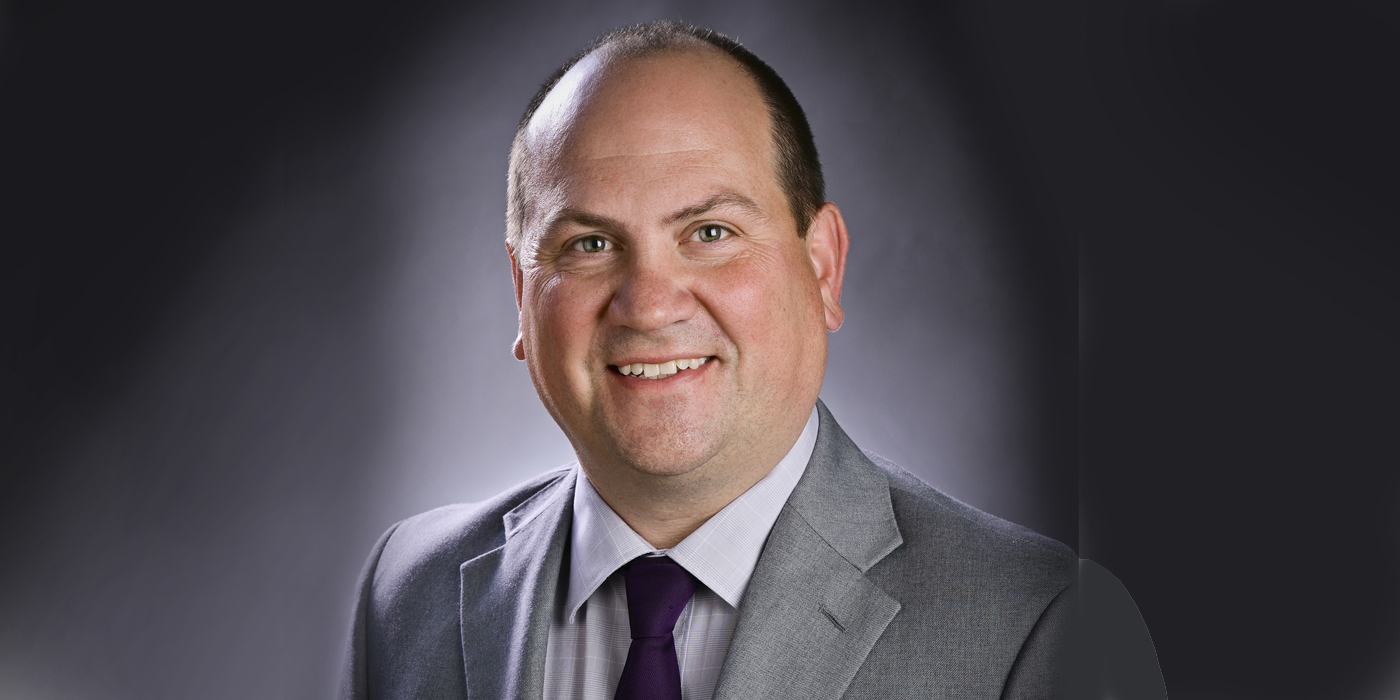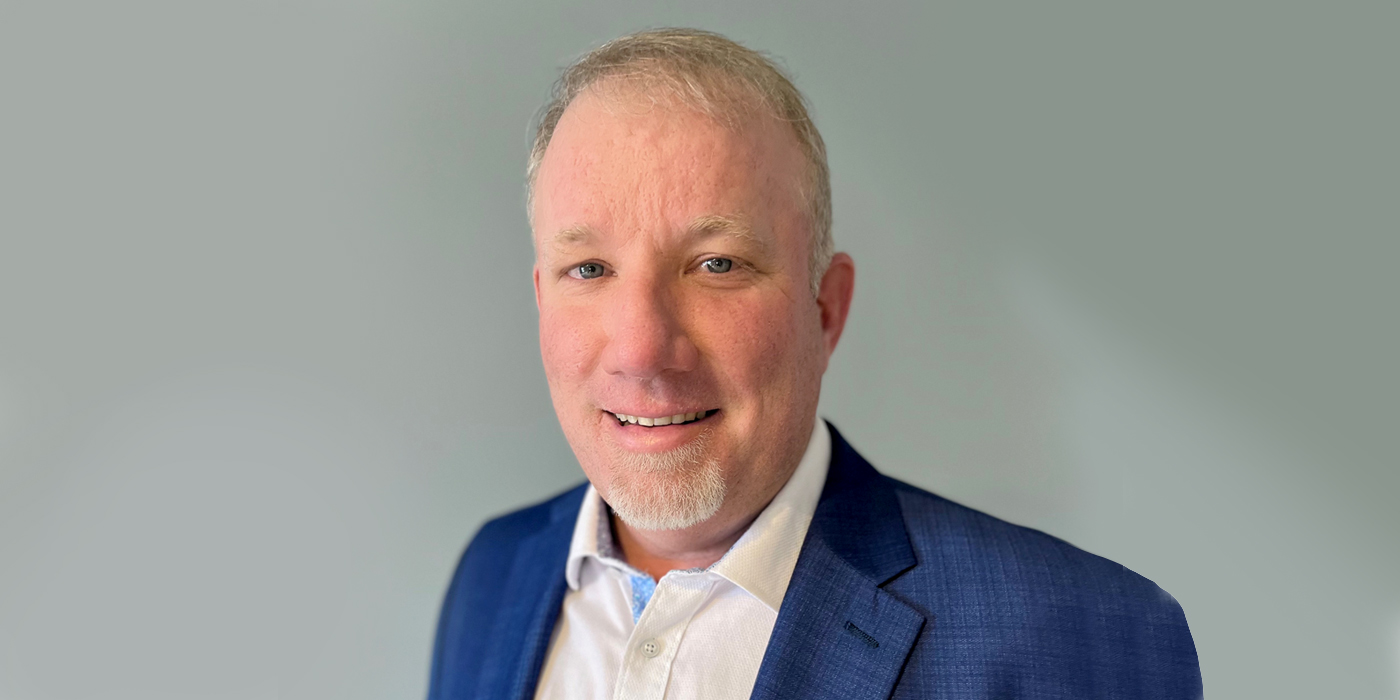FINDLAY, OHIO —

Larry Seawell, President and COO, Hercules Tire & Rubber Co.
Hercules Tire & Rubber Co. was formed in 1952 by a group of 21 retreaders looking to work together to bring better pricing and greater impact to their individual businesses. Over the years, Hercules expanded to become one of the top private branders in the U.S., a major player in the retreading industry, a custom rubber processor and a large nationwide tire wholesaler.
Times have changed, and after shedding all of its retreading and custom rubber mixing businesses, Hercules’ 33 stockholders decided it was time to sell the rest. Enter New York private equity company FdG Associates, which led a multi-million dollar buyout of the cooperative and set in motion more changes for the venerable company.
Long-time president Craig Anderson is headed toward retirement later this year, and former CFO Larry Seawell was installed as president and COO of the “new” Hercules. The company’s structure has been changed, as well. Gone are separate and sometimes undefined operations, replaced by three clearly delineated divisions: Hercules U.S. Tire (which combines all private brand and wholesale businesses), Hercules Canada and Hercules International.
In his first full interview since taking the reins in May, Seawell outlined Hercules’ future and what the market can expect from the revitalized Findlay, OH, mainstay. A complete version of this interview is available online at www.tirereview.com .
Talk about how Hercules is now organized and what this structure will mean for customers.
We’re simpler to understand now. We’re now one U.S. division, as opposed to a tire division, and this other entity out there – TDW. We’re now one. It’s a common management and common focus. How our structure impacts our customers probably varies by area.
The export business has always been separate. We’re selling tires in 85 countries around the world. In terms of Canada, we’ve always had our own distribution in Ontario, but we didn’t really serve Western Canada because we were prohibited from doing so. Now we can be a good supplier to customers in the western half of the country.
With the change in ownership, we think we can provide additional product opportunities to our Hercules dealers, beyond just that brand.
When FdG acquired Hercules, the statement was made that Hercules was the same company doing business in similar ways. What has changed, both internally and for your customers?
We’ve done some reorganization of how the company operates, and we have three operating areas – the U.S., Canada and international. Putting all the U.S. business under one flag and putting it under the leadership of Mike Distel, I think, has been a very positive thing for the company. In that group, Lou Fontana was promoted to vice president of purchasing on the private brand side, and Kevin Breen was promoted to vice president of private brands.
The other important thing is that, in the past, we had a smaller capital base than we do today, and if a co-op member wanted to leave the company, he had to buy back his stock. So, we were taking current profit and paying off the past. Today, we have a very stable capital base, which allows us to grow at a much more rapid pace, and we have a strong financial and business backer to the company.
We’re going to expand. The reason we did the private equity deal was to provide liquidity to the previous owners – that was something they wanted. But they also wanted strong tire programs. The large investment from FdG has given us a very, very stable platform for growth from a financial and management standpoint.
What were some of the limitations or roadblocks from the previous ownership structure that held Hercules back?
One of the biggest things was that our territory policy and, for the most part, our tire program were influenced heavily by our board of directors and owners. Today, we’ll make business decisions based on what we think is best for Hercules moving forward. So, we announced some changes in our Hercules program for our U.S. operations at the SEMA Show, and they are some exciting changes – the type of stuff that I think makes us more marketable as a tire company.
In the past, there were some artificial territory barriers and a link between equity and territory. Now, we are a commercial business, and we can make good decisions that are good for the customer and good for Hercules, whereas before, there were some limitations.
When you think about a co-op, a co-op exists for the benefit of its members. But, the time comes when a co-op no longer meets its objectives. I think a commercial relationship with a customer is a better platform and more market sensitive. We’ll still have territories, and that’s part of our private brand unit. We’re not walking away from territory integrity; that has been a strength of Hercules, and it is important to the independent tire dealer, so that’s something that’s going to continue. However, those customers that do not meet market penetration goals may have more to worry about than they did in the past.
For instance, in the past, a sharp distributor could do some things to keep everyone else out, and there are some pretty sharp guys out there. But, we’re not tied down to that now. We’re treating them all as customers, and we have to earn their business, as opposed to treating them as owners.
Some of those past owners are still customers?
Oh, absolutely.
How has the relationship changed with those dealers?
I would say this: Our programs will continue to get better. When the stockholders in the company decided to sell, they wanted liquidity and strong tire programs. We’re going to continue earning their business every day. We’re still going to have territory integrity. We’re going to continue investing in our brands with mold expenditures and inventory; we will spend some $4 million to $5 million on new tire molds alone this year. We’re still investing in our infrastructure. We’re reducing our delivery times. We’re still going to have great customer service. We’re still going to have great POS materials for our customers. And, as we grow the business more aggressively, that’s going to increase our leverage with our suppliers, so we can continue to bring a very broad and solid program for our customers.
This is a great time to be in the tire industry and a great time to be a Hercules dealer. By leaving the co-op, they really haven’t given up anything. What they gave up was maybe artificial, but what they gained is a for-profit business that’s going to be a good tire supplier to them every day.
Has that cooperative model of business outlived its usefulness within the framework of the tire industry? How badly was it holding Hercules back from reaching its potential?
Absolutely, it was. I think Hercules was one of the more effective co-ops, but there is more opportunity for dealers in a non-co-op environment. And, yes, I think co-ops have outlived their usefulness. It was a logical time for us to move on to the next big thing.
But keep in mind that Hercules was not a broken company. Far from it. Hercules was a very solid private brand player and wholesaler. FdG’s investment now gives us the opportunity to be even better.
What predicated the move? Hercules, as you said, was not a broken company, but did the shareholders make the decision, did management suggest it or did FdG come to you?
Hercules’ owners decided to go to the market. Guys wanted to get liquid on their Hercules stock. But we also wanted to shore up our financial base for aggressive growth. We had just come off of three successive record years. And, we had grown and grown and grown. It takes capital to continue growing, and it was a logical time to do that. This new financial platform gives us the ability to expand in the future. If we want to do acquisitions, if we want to support our inventory, FdG is a solid partner there to help us. This was not just a one-time event. This was a long-term relationship.
How does FdG’s experience in distribution businesses help Hercules?
Well, FdG’s place is in the investment banking business. They back good management teams. They don’t try to stay with one industry or one kind of investment. So, they came to Hercules and looked at our business plan and decided it was something they could support from a financial standpoint.
How do you see Hercules growing? Expansion of current business? Acquisitions? And if acquisitions, what kind of companies are targets? Could other private brand companies be targeted?
I think our growth will come on a couple of fronts. One, we are experiencing organic growth in each of our current business units, and that’s from doing all the right things, whether that’s in the product sales or logistics areas. We’re adding lines, products and people.
One of the other areas is in acquisitions. We’re actively looking at a number of possible acquisitions. What kind of companies? We’re looking for good wholesale businesses. It’s our experience that sticking with what we know, which is wholesale, is the platform we’re going to grow on. We’re not looking at retail or commercial centers.
In terms of acquisitions and other growth opportunities, there are certain areas of the country where we are focused and where our products seem to fit the best.
The third area is we’re going to add dealers to our private brand business in the U.S. and Canada. There are a lot of dealers out there who need a company like Hercules that has the logistics, has the inventory and continues to invest in its brands.
In terms of sales and net profit, where do you expect Hercules to be by the end of 2006? What is the annual growth target? And, how do you expect Hercules to reach those goals?
Well, for 2005, we expect sales to come in at around $380 million. We have growth plans, but that’s not something we want to expose. Sometimes, it is a little hard to predict sales and profits because things like acquisitions can change that. We certainly think we’ll have continued organic growth in all of our divisions, and we think we’ll get some top-line growth because of pricing in the near term. We think there will be some additional increases because of raw materials costs, and we also think there will be some growth because of acquisitions.
On the product front, what kinds of changes and enhancements should dealers expect to see from Hercules?
We’re going to continue investing to meet market demand. You know that broadline tires, as a percentage of the business, continue to fall, and a good wholesaler has to have a whole lot more in terms of SKUs than what was even needed even five years ago. So, we’re working very hard to stay up with that curve. From a quality standpoint, we think we have the highest quality manufacturers available, whether they are domestic or international, and bringing that international platform to the U.S. market is one of the important things that we do.
Cooper is still making a bulk of your product domestically?
Domestically, yes.
Internationally, who are you using?
A variety of manufacturers in China. We have a 90,000-square-foot warehouse on the ground in China. Hercules has been doing business in China for 15 years – and we have great relationships with the highest quality manufacturers in China. We also have a very strong relationship with a South Korean manufacturer on the private brand side. When we go to China, we pick the very best manufacturers from a product quality and logistics standpoint, and then partner with those suppliers and put the molds in place to make Hercules and other brand tires.
In terms of representation, in what parts of the country do you see Hercules as being a little underrepresented, and what steps are planned to address that issue?
One area I would mention is the state of Florida. We think there are some great opportunities for us in Florida. Western Canada is another area. Under the old co-op, we were prohibited from selling in Western Canada, so we are now aggressively moving into that area. And, we’re moving into Eastern Canada. We’ll be opening a warehouse in Moncton, NB, in the spring. Baltimore is another market we’re looking into.
We’re constantly looking at the map and where the opportunities exist, but those are a couple of areas we’re focusing on right now.
Over the past year or so, Hercules has been more active internationally. What specific plans do you have for Hercules International, and how does it interrelate with your North American business?
We’re doing an awful lot on the product side in worldwide sourcing. The export business is very active, looking for additional sources of supply that we can market internationally. They sell an awful lot beyond the private brand program. They sell a lot of branded products from a variety of suppliers. As we expand our international purchasing focus, that allows us to grow that business.
We have a warehouse in China, and that’s an international warehouse for selling Hercules products from China all around the world. We’re also looking at some joint ventures and acquisition opportunities internationally, as well.
What can we expect to see from Hercules in terms of its tire suppliers? Will you be looking to make changes from one to another, expanding or contracting?
We are looking to grow our business. Suppliers are looking for increasing commitments, and unless we’re a growing business, we cannot provide those kinds of commitments to our suppliers. Our suppliers have been very supportive, and we work with them every day on how we can expand our business.
Looking out over the next 5 to 10 years, where do you see private brands in the North American market? Will they remain independent and viable, or will we see them absorbed into the landscape, so to speak, by tiremakers or other groups?
I think there will continue to be a place for solid private brand programs. Territory integrity and the support of the independent tire dealer will keep that as a viable option in the market.
However, I think you will see fewer but stronger private branders. And, we intend to be a survivor in that area.
This interview was originally published in Tire Review magazine, a sister publication to aftermarketNews.
_______________________________________
Click here to view the rest of today’s headlines.

